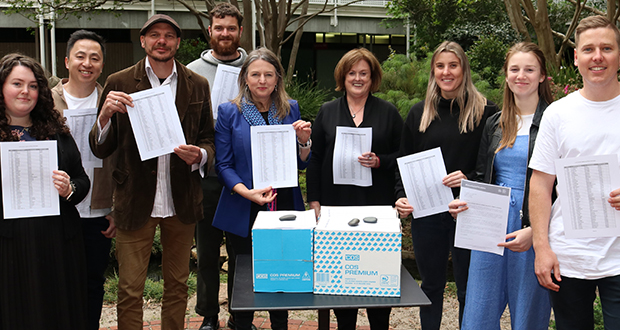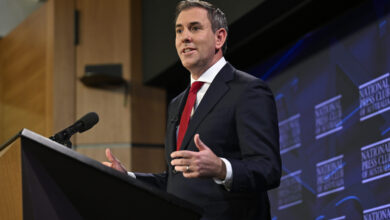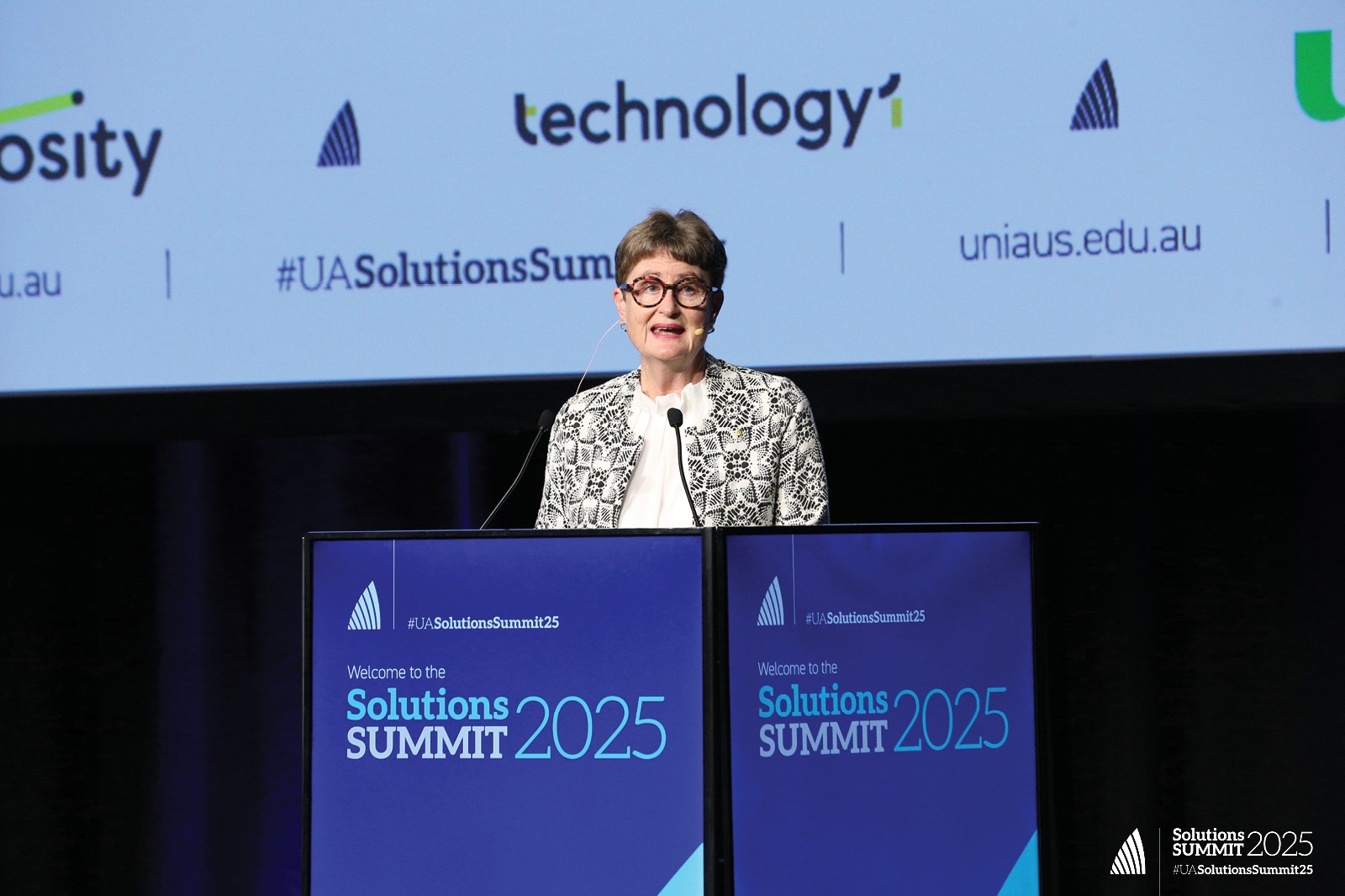FundingNewsPolicy & ReformTop Stories
Social work campaign awaits significant senate decision

The Save Social Work Australia campaign will be anxiously awaiting a decision from the senate today in response to the government’s job-ready graduates package for higher education.
Please login below to view content or subscribe now.





